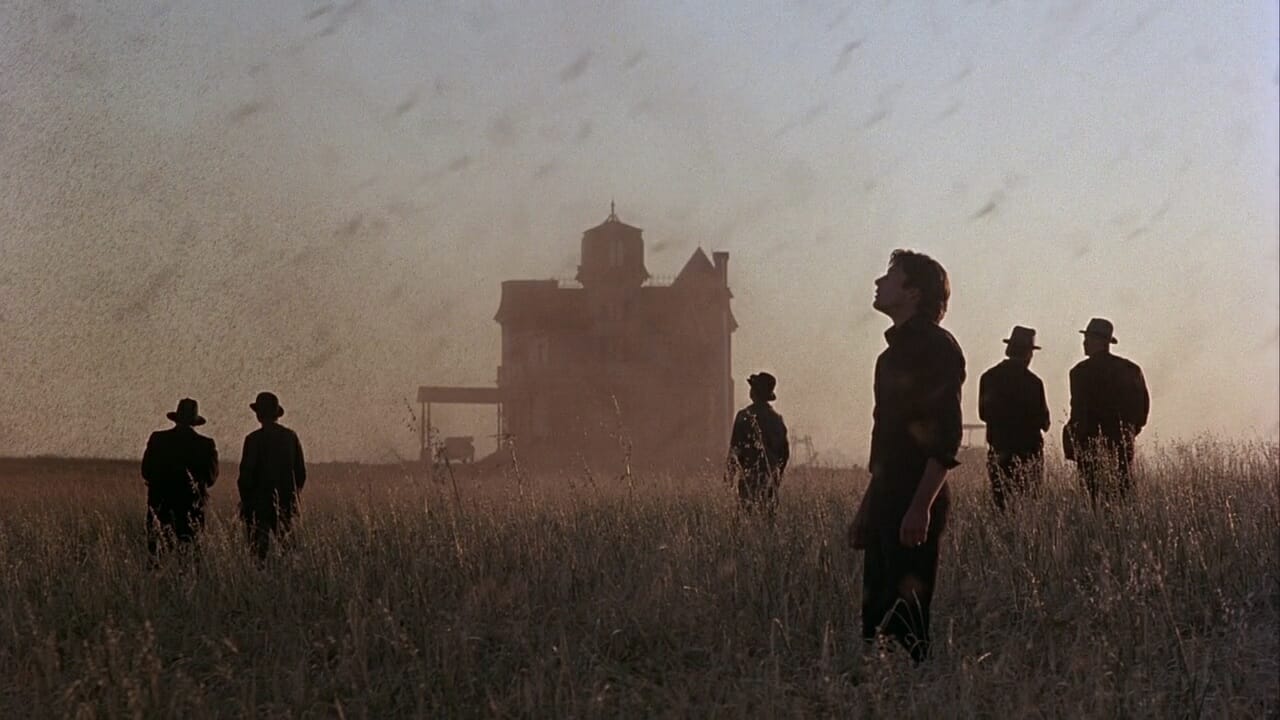-
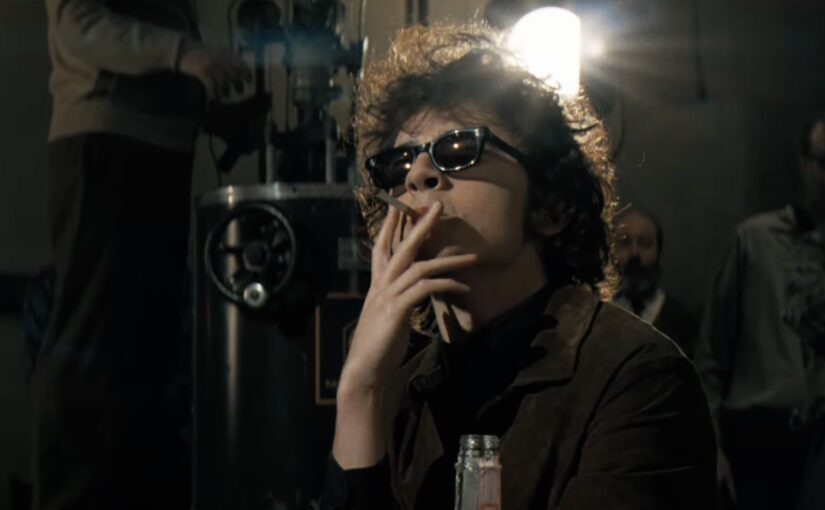
A Complete Unknown (2024)
The unity of art and politics was not exactly a new concept in the 1960s, but Bob Dylan’s refreshing brand of celebrity that is both radically outspoken and mysteriously private inspires awe in A Complete Unknown, soulfully capturing the countercultural icon’s elusive, inscrutable essence.
-
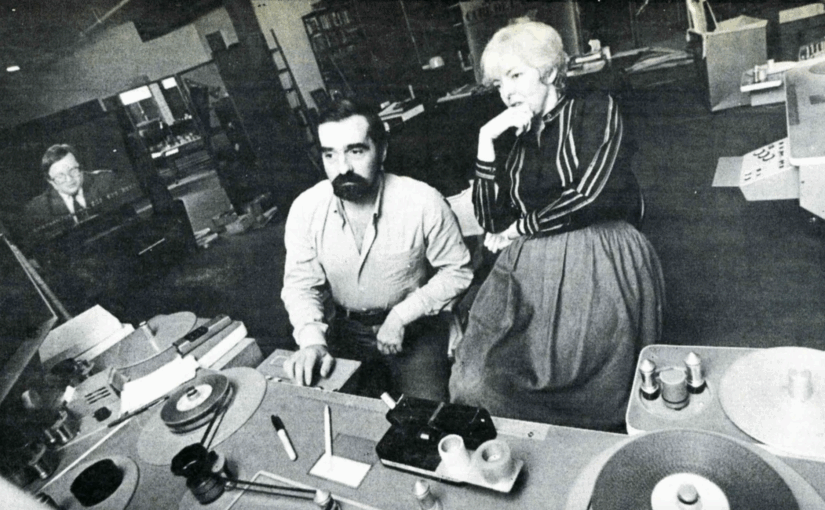
The 50 Best Film Editors of All Time
The greatest film editors of cinema history, from abstract montagists to continuity perfectionists.
-
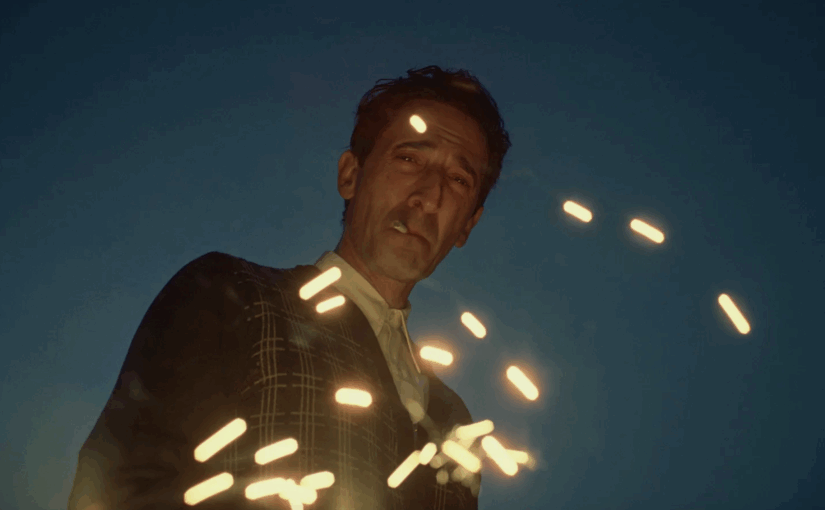
The Brutalist (2024)
As we traverse Brady Corbet’s epic saga of a Hungarian-Jewish architect forging a new life, his ties to both America and his homeland intertwine, yielding complex artistic fusions born of bitter nostalgia, soured dreams, and deep-seated cultural trauma.
-
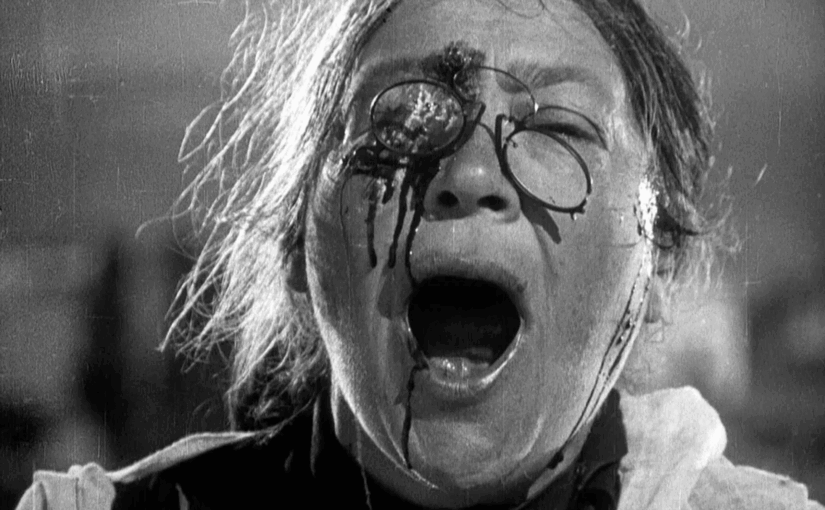
The 100 Best Edited Films of All Time
The greatest editing of film history, from razor sharp montages to dextrous intercutting.
-
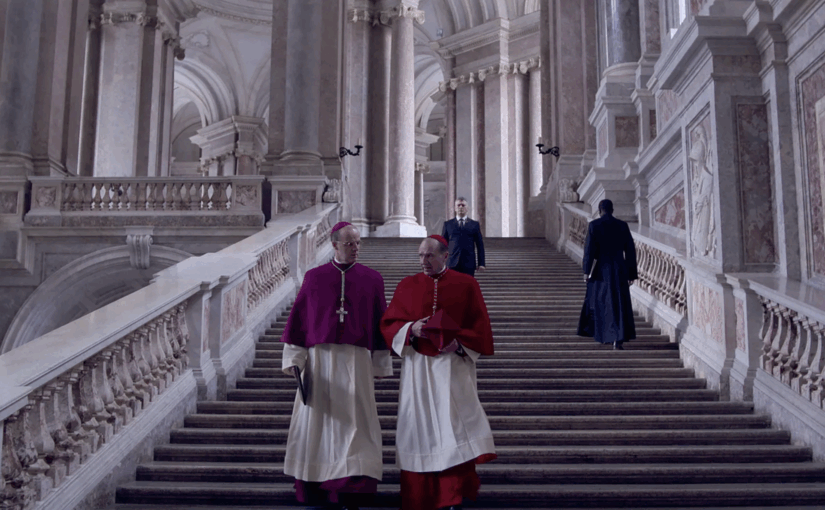
Conclave (2024)
What unfolds behind the closed doors of the Sistine Chapel in the wake of a pope’s death makes for a tantalising source of intrigue in Conclave, yet Edward Berger brings a solemn gravity to his staging of this suspenseful political thriller, exposing the secrets and moral weaknesses of those who vie for that newly vacant…
-

The 50 Best Screenwriters of All Time
The greatest screenwriters of film history, from architects of narrative structure to sentimental storytellers.
-
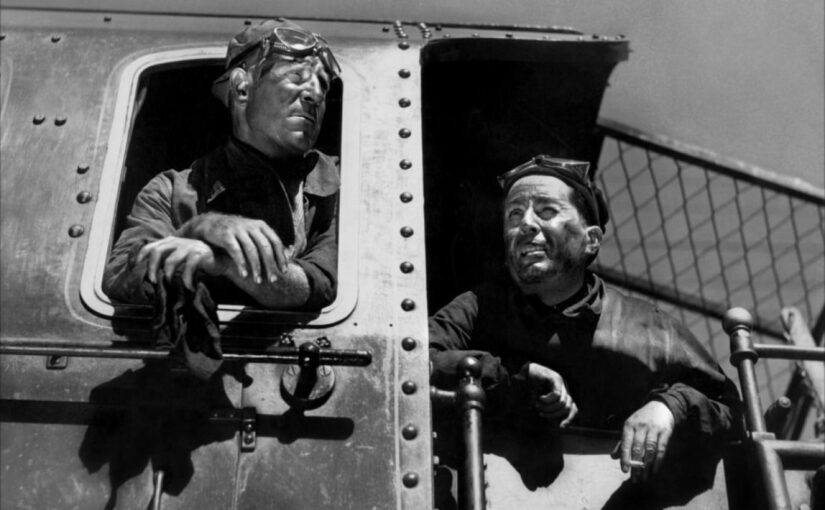
La Bête Humaine (1938)
The affliction which plagues one mild-mannered train driver with bouts of rage might as well be a blood curse in La Bete Humaine, and fate does not look kindly on those who tempt the beast, as Jean Renoir delicately lays out the blueprint of corrupted antiheroes and femme fatales in his tragic fable of man’s…
-
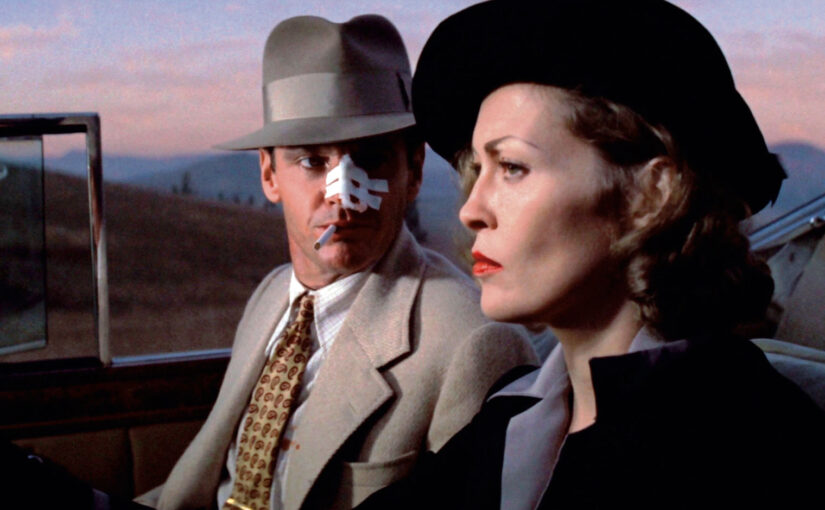
The 100 Best Screenplays of All Time
The greatest screenplays of film history, from haunting character studies to crackling dialogue.
-
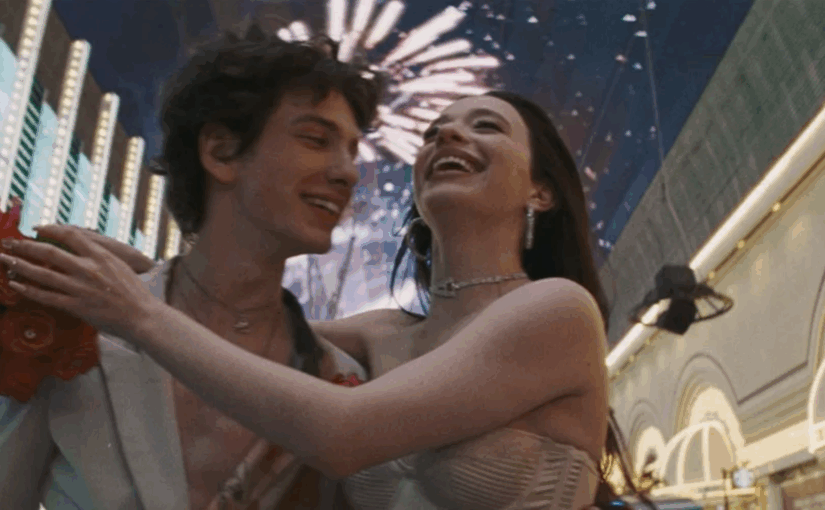
Anora (2024)
Sean Baker captures the whirlwind marriage between a New York stripper and wealthy Russian bachelor with spontaneous realism in Anora, colliding two worlds in euphoric, chaotic romance, and dragging it through the disenchantment of even messier heartbreak.
-
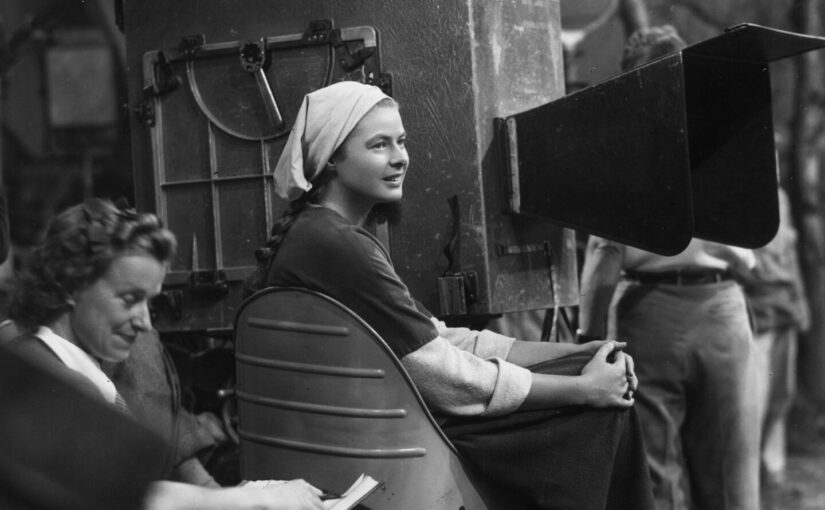
The 50 Best Female Actors of All Time
The greatest female actors of film history, from Hollywood starlets to arthouse talents.
-
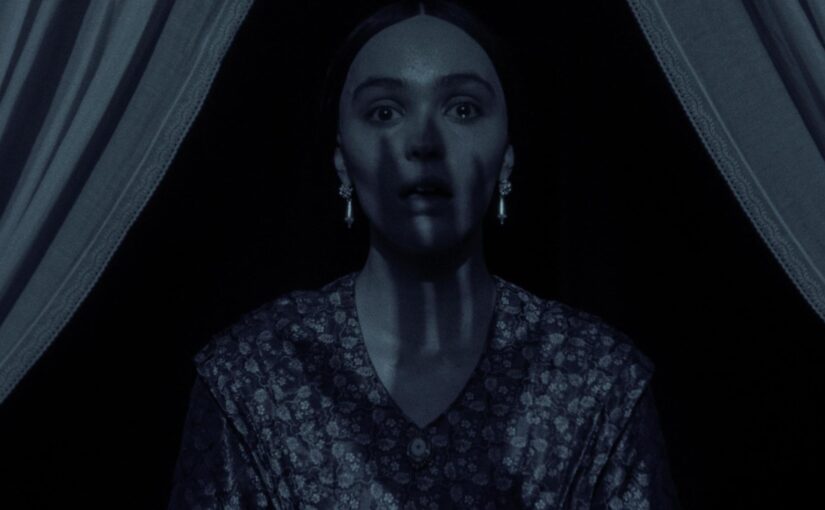
Nosferatu (2024)
Count Orlok’s carnal voraciousness is more heightened than ever in Robert Eggers’ meticulously handsome remake of Nosferatu, underscoring the shameful, psychosexual desire which exposes each character to the vampire’s disturbing pull, and manifesting an archaic horror that feeds on our guilty hearts.
-
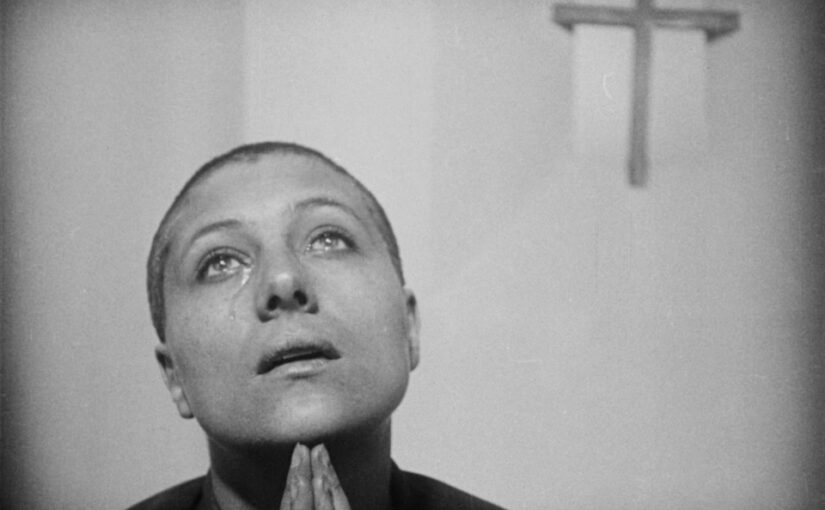
The 100 Best Female Performances of All Time
The greatest female performances of cinema history, from screwball heroines to scream queens.
